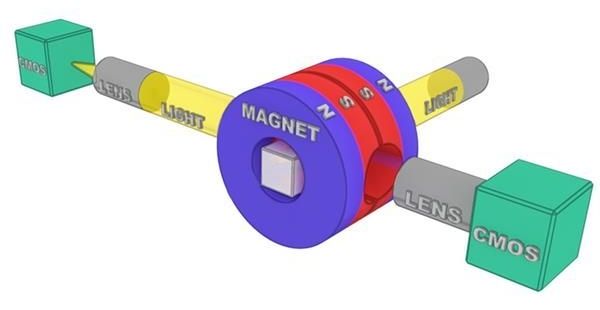3D bioprinting is a process for patterning and assembling complex functional living architectures in a gradient fashion. Generally, 3D bioprinting utilizes the layer-by-layer method to deposit materials known as bioinks to create tissue-like structures. Several 3D bioprinting techniques have been developed over the last decade, for example, magnetic bioprinting, a method that employs biocompatible magnetic nanoparticles to print cells into 3D structures.
But now a Russian research team has developed a new method of bioprinting that allows to create 3D biological objects without the use of layer-by-layer approach and magnetic labels. The new method, which involves magnetic levitation research in conditions of microgravity, was conducted by the 3D Bioprinting Solutions company in collaboration with other Russian and foreign scientists, including the Joint Institute for High Temperatures of the Russian Academy of Sciences (JIHT RAS).
